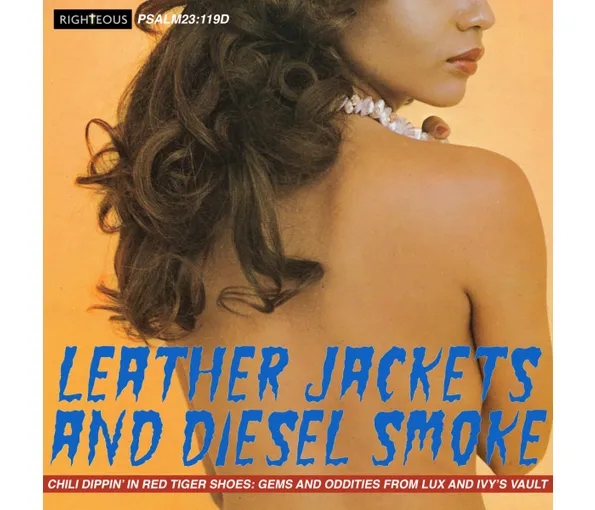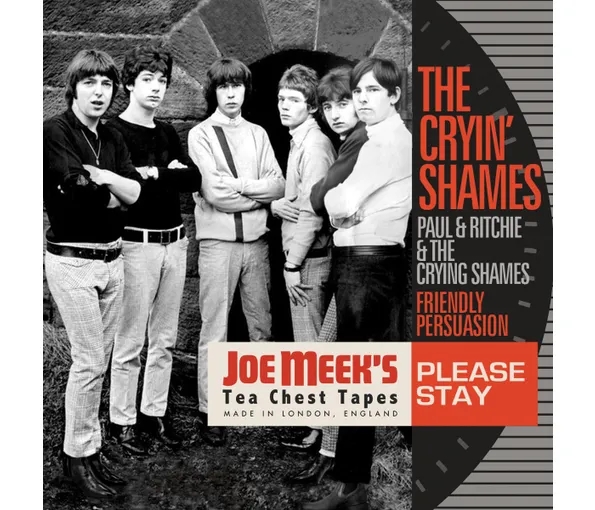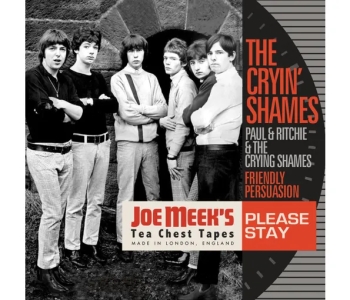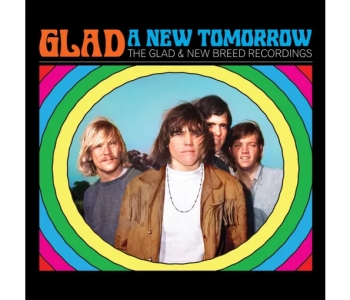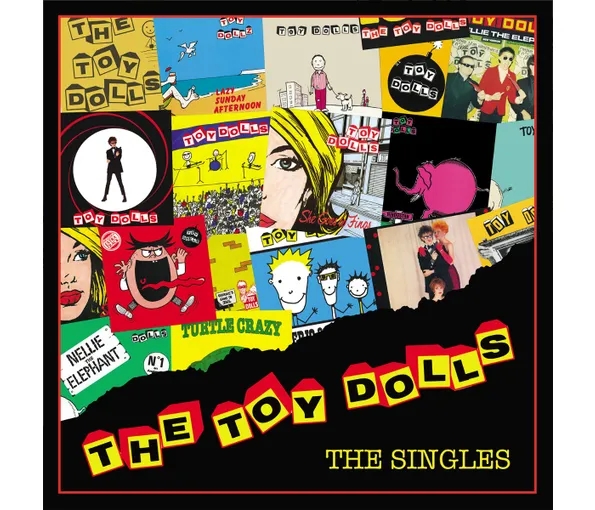
Various Artists – Niney The Observer Presents Jah Fire
Various Artists – Niney The Observer Presents Jah Fire
Doctor Bird Records
2CD/DL
Out now
New 2CD compilation of Niney productions from the halcyon days of Roots Reggae 1976-77, featuring Big Youth, Gregory Isaacs, Junior Delgado and many more DJs and singers. Ian Canty writes…
Following on from the recent Doctor Bird collections charting Niney The Observer’s work earlier in the 1970s, Jah Fire focusses on the time when Roots and Dub were the standard settings in Reggae circles. Winston Holness aka George Boswell had made waves in 1970 with Blood & Fire, but had actually started his production career back in the 60s when employed at first as a studio engineer. After working in the latter capacity in short order for Bunny Lee and Joe Gibbs, he struck out on his own with dawning of the new decade.
If the 1950s to the mid-60s had largely been a battle between heavy hitters Duke Reid and Coxsone Dodd with Prince Buster hovering around the fringes, the change from Ska to Rocksteady saw the Kingston production scene explode with fresh talent. Niney was at the forefront of this new wave and met each successive step forward by successfully adapting his style to it. Arguably by the time Roots rose to prominence, the producer was at the height of his powers.
Cool Ruler Gregory Isaacs’ poised and accomplished sound Rock On gives Jah Fire an ideal introduction and also a view into to the state of the art of Reggae in the mid-1970s. His dread smash Slave Master crops up later on this disc, confirming his vocal prowess. By this stage Niney was already well versed in the JA custom of getting the most out of a successful rhythm and next Christine Joy White takes Isaacs’ backing track and shapes it into the prime proto-Lovers Rock item On A Saturday Night.
I’m In Love by Horace Andy has an irrepressible bounce and a neat organ glide helps Cornel Campbell’s bright I Heart Is Clean make waves. Clint Eastwood aka Robert Brammer was in the early years of a long-running DJ career at the time he toasted on the talk-over cut of that rhythm Gate Number, but it is a good effort that shows the kind of promise that would stand him in good stead in the future. It’s always pleasing to hear Junior Delgado’s relaxed vocal stylings and here it is allied to full brass and a swinging vibe on I Am Still Thinking. Niney himself ducks under the pseudonym The Messiah for a baleful I Soon Know.
I Roy’s playful intro to Point Blank (Observer Style) is a joy and his Zion Trip also hits the right note, whereas Big Youth’s 6 Dead Nineteen Gone To Jail reveals itself as the perfect expression of “Heavy Manners” Jamaica voiced above Dennis’ Brown’s My Time. The more obscure Rockstones cut a classic Roots offering in Oh Jah Man and Wally “Field Marshall Buckers” Bucker lays down a fair DJ cut called Ambric on the Slave Master rhythm.
The anti-Police oppression number Flat Foot Hunting by Dillinger is a impressive demonstration of his verbose talents, with Glasford Manning helming The Jewels on One Lick. This band are also included on disc two for the ace Jah I single mix. Big Youth again shows up well on Four Sevens, which addresses Rasta ideology with regard to 1977 in a similar way to Culture’s Two Sevens Clash and Inner Circle’s Jacob Miller goes solo on the ice-cool Roots cut Moses. A very pleasing first disc ends with Bobby Ellis & The Observers’ Mento-tinged instrumental Doreth.
Jah Fire’s Disc two gets underway with a stylish Weeping by Junior Byles and I Roy’s DJ cut Water Rate follows. Horace Andy returns to voice Materialist with his trademark peerless high vocalising and also shows up well on Them Never Tell I. Leroy Smart’s languid Jah Is My Light has Niney applying a trebly and inventive touch on the boards and Hubert “Jah” Ford’s sole DJ recording for The Observer Hold Not Thy Peace Oh Jah may perhaps not be the best example of toasting ever, but it keyed right into the Roots attitude. Little Bop, who was otherwise known as George Clarke, talks his way through the Dub washes of Natty Dread Come Over after another Junior Byles prime cut in Can You Feel It.
Camp Road Skanking finds I Roy rhyming over Junior Delgado’s Up Camp Park, it comes over that he’s right at the top of the DJ tree with his contributions to this set. The talented Tyrone Taylor, who as the liner notes point out recorded a Johnny Rotten favourite in Sufferation which is also on this disc, scores with a sharp Pop Reggae number called I Got A Feeling. Zimbabwe by Niney’s studio act The Soul Syndicate is the kind of instrumental that could have emerged from Kingston at any time from the late 1960s. As a direct contrast I Roy’s Jamaican Girl brings us quickly up to date sound-wise afterwards.
The Rockstones’ Burn Me Out thrusts the old-time Reggae vocal group form right into the modern day, with Niney’s own title track finding him dealing in a Funky Reggae delight that is hot dancefloor fodder. US vocalist Dhalma shines on her tune Jah Jah I and Roll River Jordan is well up to the quality of the other I Roy pearls on this disc. A final offering here by Junior Byles King Of Babylon (One Love) confirms him as a star of this set and also makes one sad that mental health problems stopped him reaching his full potential. Niney dons The Messiah alias again for the solid Roots tune Confusion In A Babylon and I Roy signs this set off with Native Land, where he toasts a rumination on the “Monday’s Child” nursery rhyme over a Dub of the previous tune.
Although there have been a lot of comps of his production work put out by Doctor Bird over the last year or so, to me it makes pretty sound sense to put Niney’s single sides from 1976-77 together like they have been on Jah Fire. This was a key period for Roots Reggae and what is contained here demonstrates that Niney had his finger firmly on the pulse. The Junior Byles and I Roy contributions in particular make it worthwhile, but even some of the lesser known names shine and truly passable items are few and far between.
You can track down Various Artists – Niney The Observer Presents Jah Fire by clicking here








